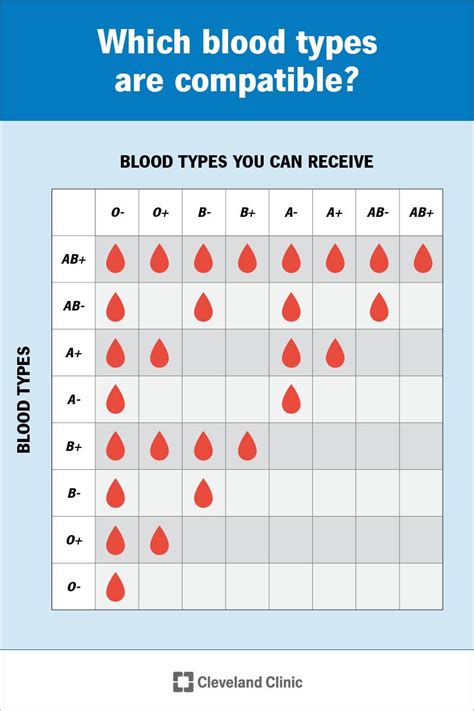Dengue: A Stealthy Adversary
Dengue, a mosquito-borne viral infection, has become a global health concern, affecting millions of people annually. Its symptoms can range from mild to severe, making it crucial to recognize the early signs and seek medical attention promptly.

The Telltale Symptoms: A Comprehensive List
1. Fever (High and Persistent)
- Typically lasts for 2-7 days
- Can reach up to 104°F (40°C) or higher
- Sudden onset, often accompanied by chills
2. Headache (Severe and Debilitating)
- Concentrated behind the eyes and temples
- Throbbing or constant in nature
- May worsen with eye movement
3. Muscle and Joint Pain (Excruciating)
- Joint pain primarily affects the knees and ankles
- Muscle pain can be widespread and intense
- May hinder movement and cause stiffness
4. Nausea and Vomiting (Persistent)
- Nausea can last for several hours or days
- Vomiting may occur frequently, leading to dehydration
5. Reddened Skin (Rash)
- Develops typically on the trunk, arms, and legs
- Macular or maculopapular in appearance
- May be accompanied by itching or burning sensation
6. Lymph Node Swelling (Tenderness)
- Most commonly occurs in the armpits, neck, and groin
- Nodes may become enlarged and painful
7. Fatigue (Extreme)
- Debilitating fatigue that interferes with daily activities
- May persist even after the fever subsides
8. Bleeding Gums or Nose (Rare)
- Can indicate a more severe form of dengue (dengue hemorrhagic fever)
9. Abdominal Pain (Sudden and Intense)
- May be a sign of dengue shock syndrome (DSS), a life-threatening complication
10. Neurological Symptoms (Uncommon)
- Confusion, seizures, or coma
- Can indicate a severe form of dengue known as dengue encephalopathy
Recognizing Dengue: Differential Diagnosis
Dengue symptoms can overlap with those of other viral infections, such as malaria, influenza, and measles. Therefore, it’s essential to differentiate dengue from these diseases to ensure appropriate treatment.
| Feature | Dengue | Malaria | Influenza | Measles |
|---|---|---|---|---|
| Fever | High and persistent | Intermittent | Sudden onset | Moderate |
| Headache | Severe and debilitating | Mild to moderate | Severe | Moderate |
| Muscle Pain | Excruciating | Mild to moderate | Mild to moderate | Mild |
| Nausea and Vomiting | Persistent | Frequent | Occasional | Rare |
| Rash | Reddened, macular | Not typical | Rare | Maculopapular |
| Lymph Node Swelling | Tenderness | Not typical | Mild | Mild |
| Fatigue | Extreme | Common | Moderate | Moderate |
| Bleeding | Rare | Common | Rare | Not typical |
| Neurological Symptoms | Uncommon | Rare | Rare | Not typical |
The Alarm Bells: Seeking Urgent Medical Attention
If you experience any of the following symptoms, seek immediate medical attention:
- Severe abdominal pain
- Persistent vomiting
- Bleeding gums or nose
- Confusion or seizures
- Signs of dehydration (e.g., dry mouth, decreased urination)
Prevention: Your First Line of Defense
Preventing dengue requires a multifaceted approach, including:
- Mosquito Control: Reduce mosquito breeding grounds by eliminating stagnant water and installing mosquito screens.
- Protective Clothing: Wear long sleeves and pants to cover exposed skin.
- Insect Repellents: Apply insect repellents containing DEET, picaridin, or IR3535.
- Vaccination: Though not yet widely available, a tetravalent dengue vaccine has been approved for use in some regions.
Conclusion: Vigilance and Awareness Key
Dengue is a potentially serious infection that can have debilitating consequences. By recognizing the early symptoms and seeking medical attention promptly, individuals can improve their chances of a swift recovery. Prevention measures remain the cornerstone of combating this global health burden.
















